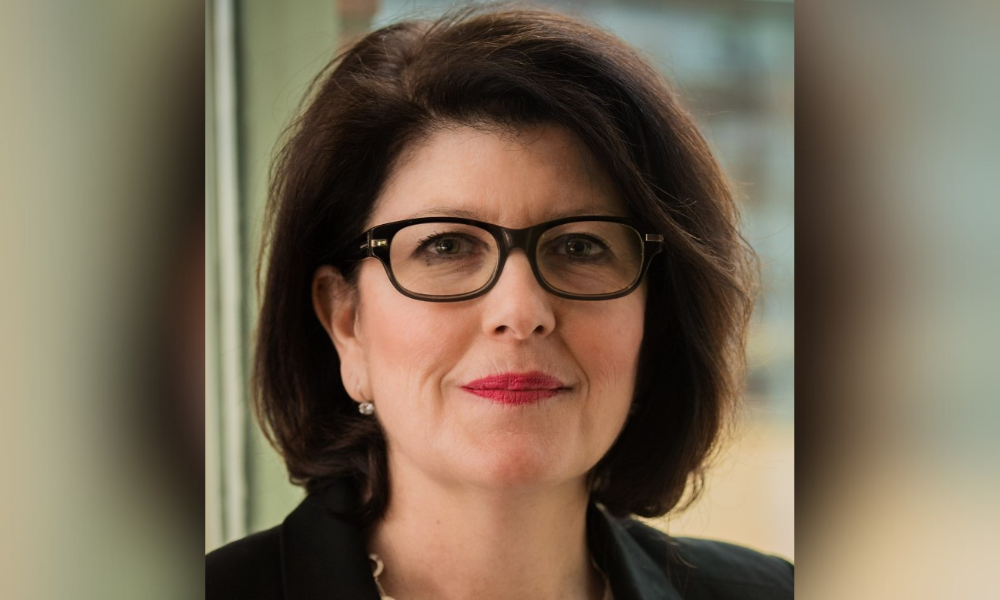
When 75% revenue vanished, LifeLabs turns crisis into defining moment

In the healthcare sector, resilience and reinvention have become more than buzzwords — they are survival strategies. At LifeLabs, Nicole Desloges, Senior Vice President of People, has been at the heart of a transformative journey that redefined not only the organization’s mission but its very essence.
“We were probably considered a little bit more of a traditional diagnostics company in the past,” Desloges told HRD, describing the culture before a pivotal shift in 2018.
The organization’s transformational journey towards a health insights leader didn’t come about by accident – it was a survival tactic when the COVID-19 pandemic struck.
The seeds of change, however, were sown much earlier in 2018 with the arrival of a new CEO, who, alongside the board, recognized the pressing need to shift healthcare delivery models.
“That vision was really moving from being a diagnostic organization to one that would provide you, as a customer, the insights you need to make the best decision possible for your health,” Desloges explained.
And, when the pandemic hit in early 2020, this vision was put to the ultimate test. Revenues plummeted by 75% - but instead of succumbing to financial pressures, the organization pivoted decisively.
“Luckily, we had good connections with governments, and we pivoted in less than six weeks to say we’re going to start supporting COVID testing,” Desloges told HRD.
She admitted that navigating such a dramatic pivot required a combination of agility and a willingness to rethink established norms.
“The word back then was pivoting. Everyone was using that word,” she said. “We went from considering laying off people to actually having to hire thousands of individuals.”
This extraordinary shift was not without its challenges. Beyond logistics, it required a cultural reset, persuading employees and external stakeholders to embrace a more dynamic and responsive LifeLabs.
“Sometimes you need to leverage a storm or a crisis. When you don’t have a choice but to change, you really demonstrate what you’re capable of,” Desloges explained.
With this transformation came the need to redefine the company’s people strategy. LifeLabs developed four key pillars: Life Healthy, Life Recognized, Life Resilient, and Life Purposeful. These pillars provided a framework for retaining talent while delivering on the organization’s ambitious new vision.
“Through those four pillars, that’s the lens by which we look at all our programs,” Desloges said, underscoring how deeply Lifelabs’ values are embedded in its operations.
The alignment of purpose and employee experience proved crucial in retaining and inspiring the workforce, especially frontline employees who became the face of LifeLabs during the pandemic.
“We are really fortunate that we have a high brand recognition,” she said. “We’ve won awards for three years in a row around the brand recognition. That’s really a result of the interaction our customers and patients have on a daily basis with our frontline employees.”
Yet Desloges acknowledged the inherent tensions in balancing the demands of a healthcare organization with employee well-being. LifeLabs’ workforce is notable for its diversity—76% of employees are women, and about 55% come from minority groups.
“How do we ensure that our programs connect with people, that employees are able to grow with the organization, reflecting that diversity?” she asked, pointing to initiatives like the Stronger Together program and culture champions as examples of the company’s commitment to inclusivity.
Desloges also highlighted the importance of understanding employee aspirations and aligning them with the organization’s evolving goals.
“You have individuals who stay with the organization, and I think they’re our ambassadors,” she said. “Is our environment right for everyone? No. We have individuals who prefer to work in a hospital environment, and that’s okay. But I believe that we offer different things that many of our employees want to see on an ongoing basis.”
LifeLabs’ transformation extended beyond internal culture to its broader impact on Canadian healthcare. The organization played a pioneering role in providing accessible services, including mobile and in-home testing options for underserved communities.
“We’re ensuring communities outside major centers can receive services,” Desloges added. “It’s about finding innovative ways to meet the needs of every Canadian.”
LifeLabs’ recent acquisition by Quest Diagnostics adds another layer of opportunity to its evolution.
“What that allows us to do is really expand the type of services and products we’re going to be able to offer to Canadians,” she noted, pointing to the potential for enhanced capabilities and reach.
And, reflecting on the journey so far, Desloges is clear-eyed about the work that remains.
“We haven’t arrived, but there’s been a lot of change,” she said. The organization’s resilience during the pandemic, coupled with its ambitious vision for the future, has positioned it as a leader in healthcare innovation. For Desloges, this journey underscores the power of purpose-driven leadership.
“It’s not about me as an SVP. It’s really about all of us contributing,” she said.